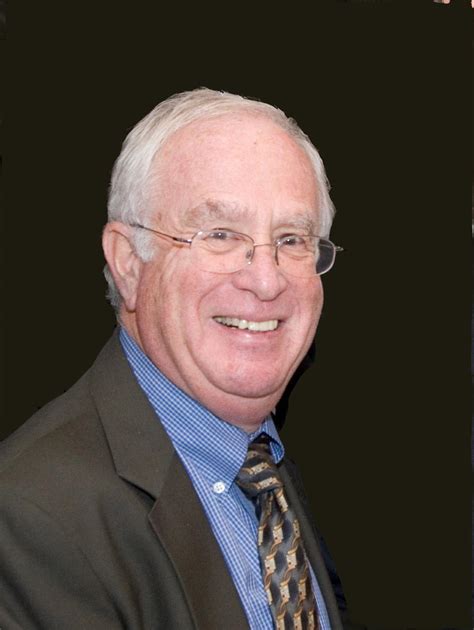A Quote by Colin Powell
Generally you should act somewhere between P40 and P70, as I call it. Sometime after you have obtained 40 percent of all the information you are liable to get, start thinking in terms of making a decision. When you have about 70 percent of all the information, you probably ought to decide, because you may lose an opportunity in losing time.
Related Quotes
while the executive should give every possible value to the information of the specialist, no executive should abdicate thinking on any subject because of the expert. The expert's information or opinion should not be allowed automatically to become a decision. On the other hand, full recognition should be given to the part the expert plays in decision making.
Based on research into the Picture Superiority Effect, when we read text alone, we are likely to remember only 10 percent of the information 3 days later. If that information is presented to us as text combined with a relevant image, we are likely to remember 65 percent of the information 3 days later.
Data isn't information. ... Information, unlike data, is useful. While there's a gulf between data and information, there's a wide ocean between information and knowledge. What turns the gears in our brains isn't information, but ideas, inventions, and inspiration. Knowledge-not information-implies understanding. And beyond knowledge lies what we should be seeking: wisdom.
Eighty five percent of Americans, year in and year out, say they believe everyone should have universal coverage. The problem is everybody has a different idea of how to make it work. And unfortunately what you have is 85 percent of Americans are reasonably well-insured. And when you start thinking about how you're going to get the remaining 15 percent, everyone gets very nervous.
Well over half of the time you spend working on a project (on the order of 70 percent) is spent thinking, and no tool, no matter how advanced, can think for you. Consequently, even if a tool did everything except the thinking for you - if it wrote 100 percent of the code, wrote 100 percent of the documentation, did 100 percent of the testing, burned the CD-ROMs, put them in boxes, and mailed them to your customers - the best you could hope for would be a 30 percent improvement in productivity. In order to do better than that, you have to change the way you think.
You have a country that is 20 percent liberal, 40 percent conservative. You have a country where maybe 22 percent have faith in government. If you're a liberal, it's just going to be tough. And you should just expect that. And it's tough for people on the right, too, because they don't get what they want either if you're, say, a libertarian. So, you have got the country sort of against you. And, nevertheless, you have a president.











































